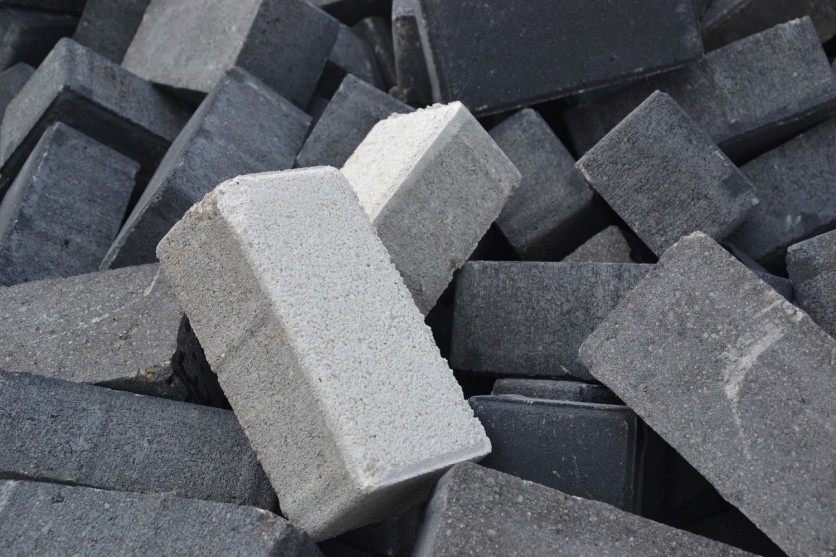In a sweet twist to sustainable construction, researchers from Idaho State University's Department of Civil and Environmental Engineering have discovered that swapping a portion of cement in concrete with precipitated calcium carbonate (PCC) derived from sugar beet waste could yield eco-friendly and robust building materials.
Sweet Concrete
The study explores the potential of utilizing PCC, a byproduct of sugar beet processing, as a substitute for some cement in concrete without compromising its strength.
PCC, chemically identical to natural limestone, presents a promising alternative to the traditional cement production process, which contributes to approximately 8% of global carbon dioxide emissions, as per a 2018 report from the think tank Chatham House.

Associate Professor Mustafa Mashal, an expert in structural engineering, initiated the exploration of PCC after learning about its properties from an undergraduate civil engineering student.
Recognizing the need for eco-friendly alternatives to reduce cement consumption, Mashal envisioned the potential of incorporating PCC into concrete mixes.
The research team conducted a series of small-scale tests on concrete samples, incorporating varying amounts of PCC and maintaining control samples of conventional concrete.
Remarkably, the results indicated that up to 30% of cement in concrete could be replaced with PCC while still meeting the standards of the American Society for Testing and Materials.
In addition to investigating PCC's viability, the researchers examined the possibility of using upcycled concrete aggregate instead of traditional sand or crushed stones.
Transforming reclaimed concrete pieces into crushed materials of specific sizes for construction purposes characterizes upcycled concrete aggregate. The results revealed that all conventional aggregates could be substituted with upcycled concrete, maintaining strength without compromise.
Sustainable Options for Concrete Production
In a statement, Kabiraj Phuyal, the lead author of the study and a graduate student studying civil engineering, highlighted the importance of exploring sustainable options for concrete production.
Phuyal noted that the concrete tested in the study might offer a cost-effective alternative for builders, utilizing upcycled and recycled materials, thereby addressing environmental concerns.
Despite the promising prospects of more environmentally friendly concrete, additional testing is required to evaluate its durability in diverse conditions, such as resistance to freeze-thaw cycles and surface hardness.
The researchers intend to refine and conduct tests on this environmentally conscious concrete blend, aiming for practical applications in real-world scenarios.
Mashal expressed enthusiasm about expanding the research, exploring additional aspects of eco-friendly concrete using recycled and byproducts developed at ISU, and collaborating with industry partners to identify practical applications for these sustainable concrete mixes.
"Exploring greener and more sustainable options for concrete production is important in addressing environmental concerns. Additionally, the concrete we tested may offer a lower cost alternative for builders because it uses upcycled and recycled materials," Phuyal noted.
The findings of the research team were published in the journal Sustainability.
Related Article : FDA Added Sugar Label On Packed Food And Drinks May Prevent 1 Million Cases Of Cardiometabolic Diseases

ⓒ 2025 TECHTIMES.com All rights reserved. Do not reproduce without permission.




